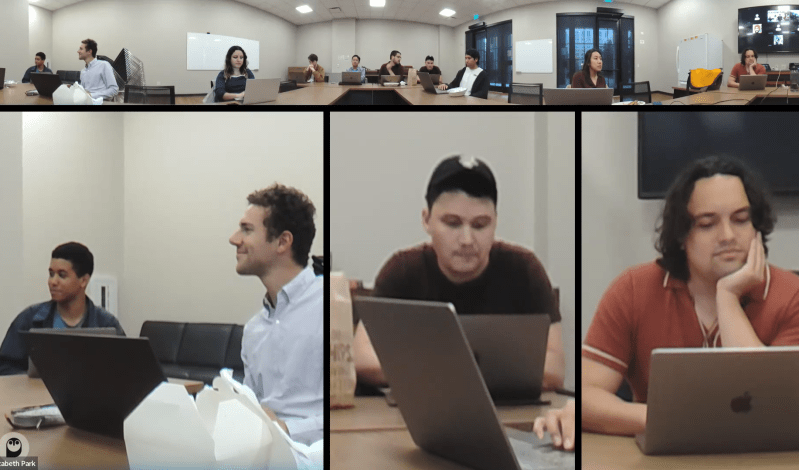The Graduate Student Council (GSC) unanimously passed a resolution urging the Faculty Senate to prohibit the use of legacy and philanthropy admissions at its meeting on Tuesday.
The joint resolution with the Undergraduate Senate (UGS) expresses support for California Assembly Bill No. 1780, which would prohibit preferences for legacy and donor applicants, and asks the University to “opt to eliminate legacy and philanthropy preferences in its admissions processes before the state legislature may impose the restriction itself.”
The UGS also passed the bill with one abstention and three in opposition at its meeting Tuesday, where senators said they were concerned that the abolition of legacy and philanthropy preferences would negatively impact donor relations with the University.
The joint resolution, drafted by current UGS co-chair Diego Kagurabadza ’25, states that “legacy and philanthropy preferences provide an advantage to those who need it least,” and pointed to actions taken by Wesleyan University and other institutions in the wake of the SFFA v. Harvard case. The Supreme Court decision ruled last June that most existing race-based admissions policies were unconstitutional.
Kagurabadza said that the resolution was meant to pressure the Faculty Senate to more publicly speed up the elimination of legacy and philanthropy preferences so that the University is not forced to comply with California Assembly Bill 1780.
Representatives from Residential & Dining Enterprises (R&DE) also spoke to councilors about housing assignments and water-filling stations at EVGR.
Justin Akers, the senior director of student housing assignments, said that only six or seven students had ranked the pilot program for triple-occupany housing as their first choice in graduate housing applications. R&DE was thus only planning to set aside three rooms as triples next year, he said.
“That way, we won’t be forcing anyone into this that doesn’t really want it,” he said.
Senior Associate Director of R&DE Rebecca Benaderet said that R&DE was planning to place two water filling stations with card access at EVGR, but that the endeavor would have to wait until the fall because of a backlog in University IT work.
The GSC also unanimously certified the results of the recent ASSU elections, including the passing of the Statement on Divestment and the election of Diego Kagurabadza ’25 and Divya Ganesan ’25 as ASSU Executives, as well as a slate of 15 members to serve on the GSC for the 2024-2025 academic year.
The divestment statement, which was supported by 74.64% of graduate student voters, calls on the University to “divest from companies supporting Israel’s apartheid, genocide, and other internationally recognized war crimes against the Palestinian people.” 72.86% of undergraduate students who voted on the April ballot initiative also expressed support for the statement, which was spearheaded by Students Against Apartheid in Palestine (SAAP).
The certified slate of new councilors will join incumbents Chris West, Leslie Luqueño, Emmit Pert and Áron Ricardo Perez-Lopez, who is an editor at The Daily, on the GSC next year.
